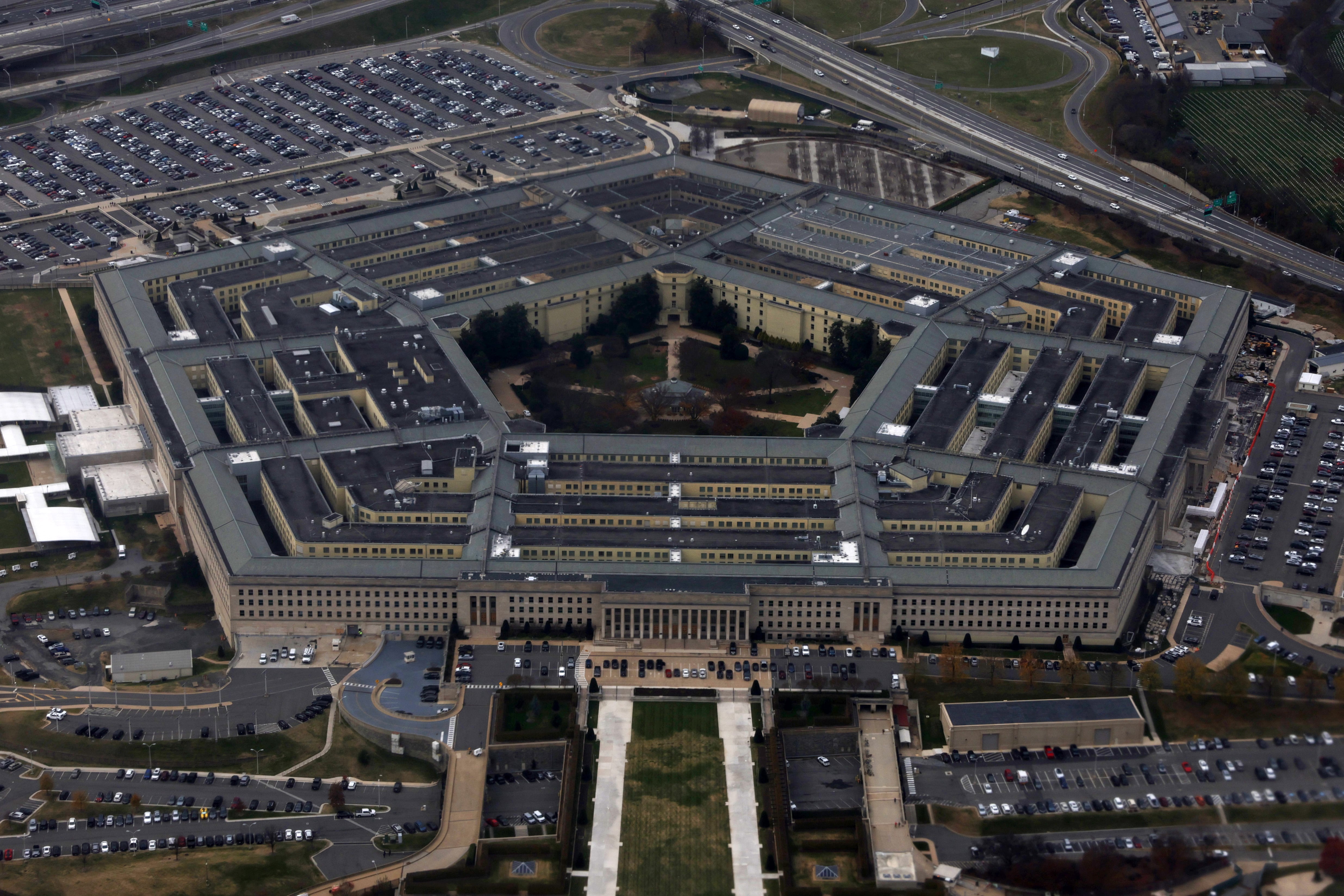WASHINGTON — The U.S. Department of Defense is seeking $13.5 billion for its so-called cyberspace endeavors, including the hardening of information networks and research and development of virtual tools.
The fiscal 2024 budget request, unveiled March 13, is a 20.5% increase compared to the Biden administration’s previous ask of $11.2 billion and is also up from $10.4 billion in FY22, $9.8 billion in FY21 and $9.6 billion in FY20.
The blueprint arrives days after the Biden administration shared its latest national cybersecurity strategy, more than two-dozen pages that pledged to shield critical infrastructure, invigorate international partnerships and wield “all instruments” of national power to stamp out digital malfeasance.
The request affirms the Pentagon’s “enduring cyberspace missions,” according to Navy Vice Adm. Sara Joyner, the director of force structure, resources and assessment, and further empowers the leader of U.S. Cyber Command, Gen. Paul Nakasone. It also funds five additional Cyber Mission Force teams, bringing the total to 147. CYBERCOM and its teams are tasked with guarding DoD information technology and executing military operations in the digital domain.
RELATED

“With this budget request,” Joyner said at a Monday briefing, “we will continue to modernize network defense, capabilities to build a secure and resilient cyber architecture.”
Cyber has increasingly been a topic of interest and investment in the U.S. as critical infrastructure sectors — including defense contractors, government facilities, food suppliers and emergency services — are targeted in ransomware attacks.
The Russia-Ukraine war, too, has elevated the discipline. Lawmakers and analysts have expressed concern about possible stateside attacks or digital spillover from the conflict, which could jeopardize sensitive information or hamstring vital systems.
Colin Demarest was a reporter at C4ISRNET, where he covered military networks, cyber and IT. Colin had previously covered the Department of Energy and its National Nuclear Security Administration — namely Cold War cleanup and nuclear weapons development — for a daily newspaper in South Carolina. Colin is also an award-winning photographer.







